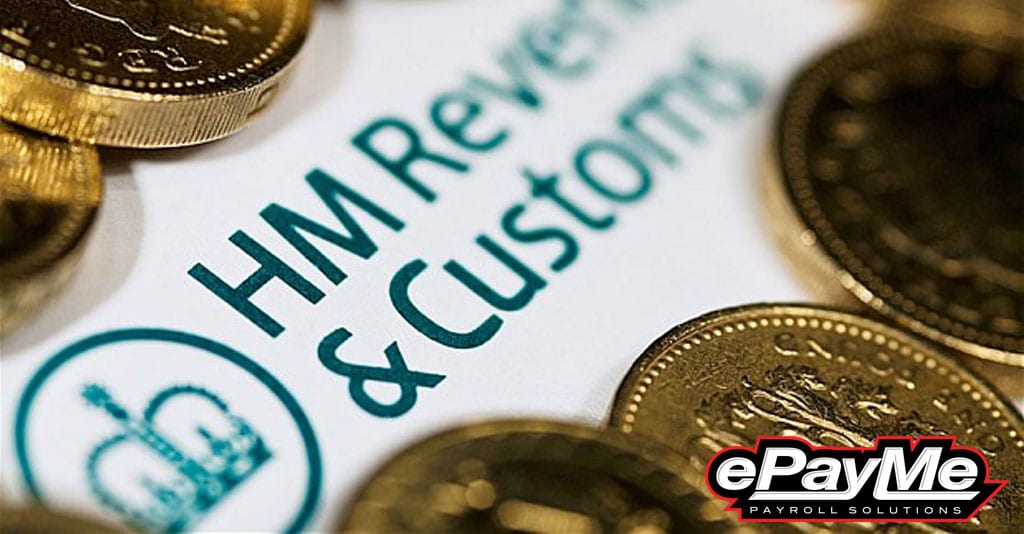 After staff cuts at HM Revenue and Customs (HMRC) last year, the number of tax investigations doubled and taxpayers were left waiting nearly an hour to speak to the taxman.
After staff cuts at HM Revenue and Customs (HMRC) last year, the number of tax investigations doubled and taxpayers were left waiting nearly an hour to speak to the taxman.
An investigation from the National Audit Office (NAO) found that the number of “outstanding discrepancies” in Pay As You Earn (PAYE) tax records soared between March 2014 and March 2015 from 2.4m to 4.6m. Of those, 3.2m “were high priority cases, carrying a risk that employees will have paid the wrong amount of tax”.
The NAO blamed staffing cuts, which led to tax investigators having to handle an overwhelming number of enquiries coming through to HMRC’s call centres, saying that the tax collectors were too ambitious in their “making tax digital” programme which is aiming to move the business of tax online.
Between 2010 and 2015, the number of staff at HMRC dedicated to personal tax was slashed by more than one-third to 15,000. The NAO said that HMRC “misjudged the cumulative impact of its complex transition and released too many customer service staff before completing service changes.”
The waiting game – in numbers
4.6m – Number of outstanding tax discrepancies in March 2015 (up from 2.4m a year earlier)
3.2m – Number of “high priority” outstanding discrepancies which mean the wrong amount of tax could have been paid
47 minutes – Peak average waiting time for self-assessment taxpayers to speak to HMRC in October 2015
15 minutes – Average waiting time to HMRC hotlines in 2015/16
£66m – Estimated value of wasted time spent listening to HMRC hold music in 2015/16
With fewer people answering phones, waiting times to speak to a self-assessment advisor shot up to 47 minutes at its worst, with 29 per cent of people just hanging up before they got through to somebody on the other end.
The NAO calculated that for every £1 saved in costs by HMRC, taxpayers lost the equivalent of £4 in call charges and time wasted waiting to speak to somebody.
The accountants’ body, the Institute of Chartered Accountants (ICAEW) slammed the failures at HMRC.
“Taxpayers have been short changed by poor service at HMRC’s call centres. It is worrying to hear in order to improve call centre performance HMRC has had to move staff from maintaining PAYE records, leaving taxpayers vulnerable to paying the wrong amount of tax.”
Jonathan Riley, head of tax at accountants Grant Thornton, however, told City A.M that government policies, not HMRC that should take the blame for the latest mishap: “I feel quite sorry for HMRC. HMRC is coping with the resources, policies and tax regime that is imposed on them, according to the whims of politicians. They might have had a reasonably bad set of cards and not played them very well, but you have to stand back and have a look at the bigger picture.”
HMRC’s director general for customer services said “We recognise that early in 2015 we didn’t provide the standard of service that people are entitled to expect and we apologised at the time. We have since fully recovered and are now offering our best service levels in years.
Over the past six months we’ve consistently answered calls in an average of six minutes, and have launched new online tax accounts and webchat for everyone, enabling customers to manage their tax affairs wherever and whenever they want.”
– Ruth Owen, HMRC